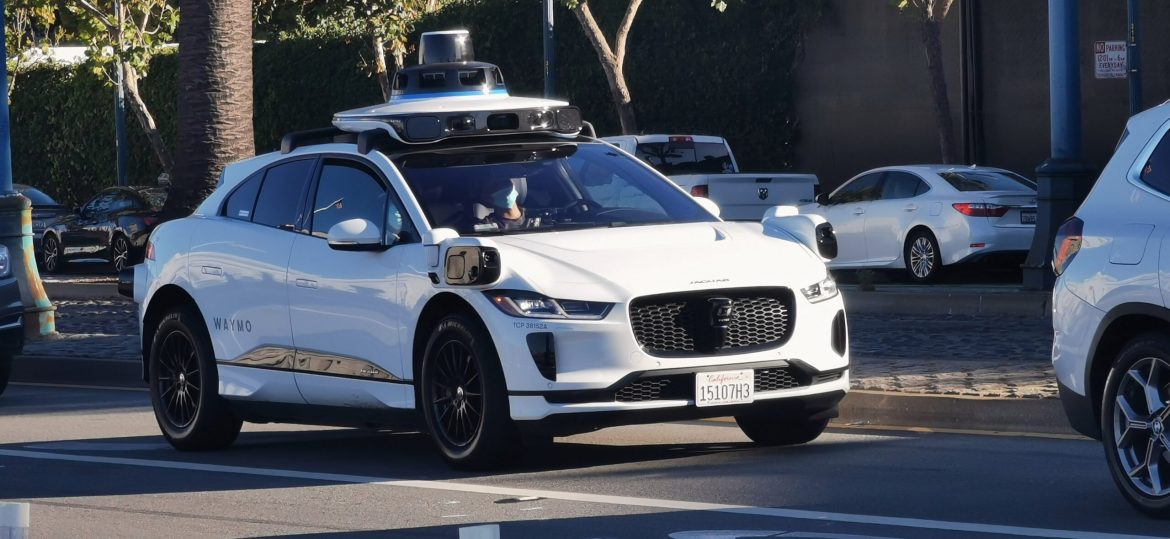
The US robotaxi industry has witnessed seismic shifts in 2024, marking a pivotal year in its journey toward mass adoption.
Alphabet’s Waymo has emerged as a dominant force, outlasting competitors such as General Motors’ now-defunct Cruise.
The autonomous vehicle (AV) sector is projected to form a significant part of the $480.09 billion global ride-sharing market by 2032, according to Fortune Business Insights.
Key players, including Tesla and Amazon-owned Zoox, are jostling for market share, albeit with varying progress.
Waymo outpaces competitors with 5 million autonomous trips
Waymo, a subsidiary of Alphabet, has solidified its position in the US market after completing over 5 million autonomous rides across cities like San Francisco, Phoenix, and Los Angeles.
This milestone marks a dramatic rise from the 700,000 trips recorded just a year earlier. The company’s robotaxi services now span 500 square miles of public roads, showcasing its ability to navigate complex urban environments effectively.
With a $5.6 billion multiyear investment from Alphabet announced in July, Waymo is prioritizing aggressive yet safety-focused expansion.
Plans for 2025 include launching in Austin and Atlanta and extending its service to international markets, beginning with Tokyo.
The company has also collaborated with Geely and Hyundai to integrate advanced AV technology into electric SUVs, reducing costs and enhancing scalability.
Despite its progress, Waymo faces challenges in maintaining public trust, particularly after viral incidents involving its vehicles.
To address these concerns, the company has ramped up public affairs efforts, safety reports, and collaborations with regulatory bodies like the National Highway Traffic Safety Administration.
Tesla unveils Cybercab but lags in deployment
Tesla’s foray into the robotaxi market has been characterized by bold promises but limited tangible progress.
At its October event, CEO Elon Musk unveiled the Cybercab, a futuristic two-seater designed without steering wheels or pedals, priced under $30,000 and slated for production by 2027.
While the concept has generated significant buzz, Tesla has yet to secure permits for operating commercial robotaxi services in major US cities.
The company continues to sell its partially automated driver-assistance systems, Autopilot and Full Self-Driving (FSD), which require human supervision.
Musk’s claim that regulatory hurdles have delayed Tesla’s robotaxi ambitions has been met with skepticism, as Waymo’s advancements demonstrate the feasibility of operating within existing laws.
Critics also point to Tesla’s history of missed deadlines, questioning the viability of its ambitious timelines.
Zoox innovates with toaster-like shuttles and gains traction
Amazon-owned Zoox has carved a niche in the AV market with its distinctive, toaster-shaped shuttles, designed to carry passengers without traditional controls like steering wheels.
The vehicles, which debuted in Foster City, California, in February, have been authorized to operate under diverse conditions, including light rain and speeds up to 45 mph.
Zoox aims to expand its pilot services to Las Vegas and San Francisco in 2025, offering free rides to select users through its Zoox Explorers program.
The company’s focus on passenger comfort, safety, and design innovation has earned it a loyal following, with its AVs featuring ambient lighting, music, and interior cameras for monitoring.
Notably, Zoox has attracted top industry talent, including Tesla’s former autopilot hardware leader, Zheng Gao.
However, the company’s ambitions are tempered by the operational complexities and regulatory hurdles inherent in scaling its services.
The post Robotaxi showdown: will Amazon’s Zoox and Tesla dethrone Waymo? appeared first on Invezz
